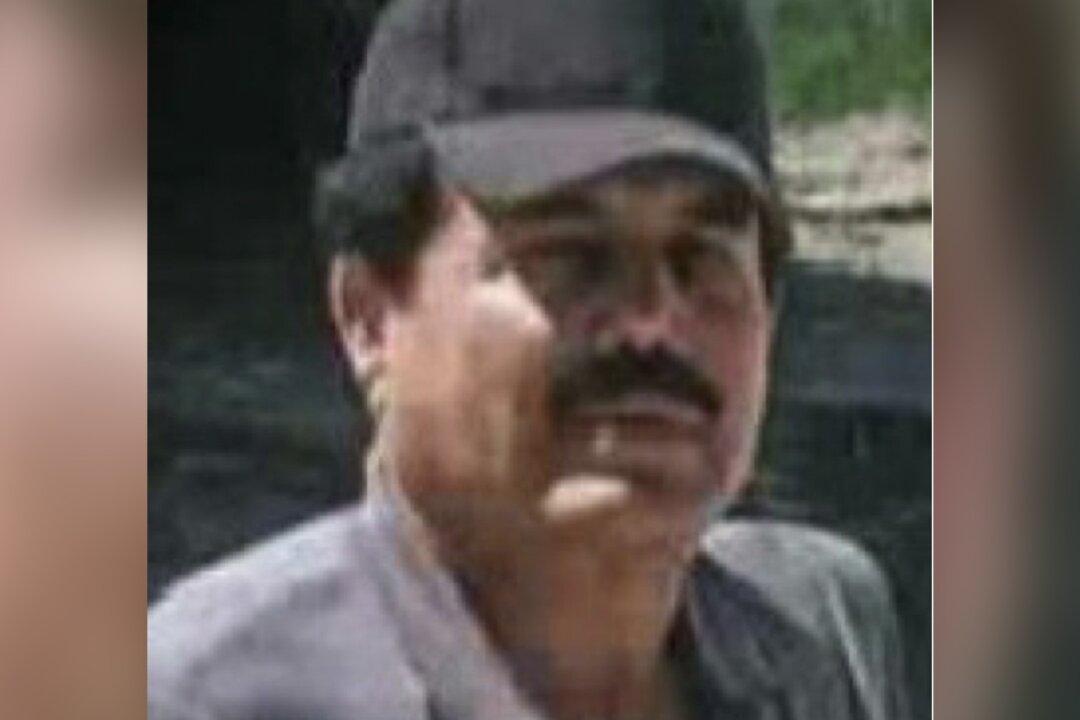NEW YORK CITY—Former Mexican drug lord Ismael “El Mayo” Zambada pleaded not guilty to 17 felony counts, including drug distribution and engaging in a criminal enterprise, in a superseding indictment during a short hearing in New York City on Sept. 13.
U.S. Magistrate Judge James Cho of the Eastern District of New York ordered Zambada, who led the infamous Sinaloa cartel, to jail pending trial. Zambada previously worked with Joaquin “El Chapo” Guzman. Guzman was sentenced in the same courthouse five years ago and is currently serving a life sentence in a maximum security prison in Colorado.






